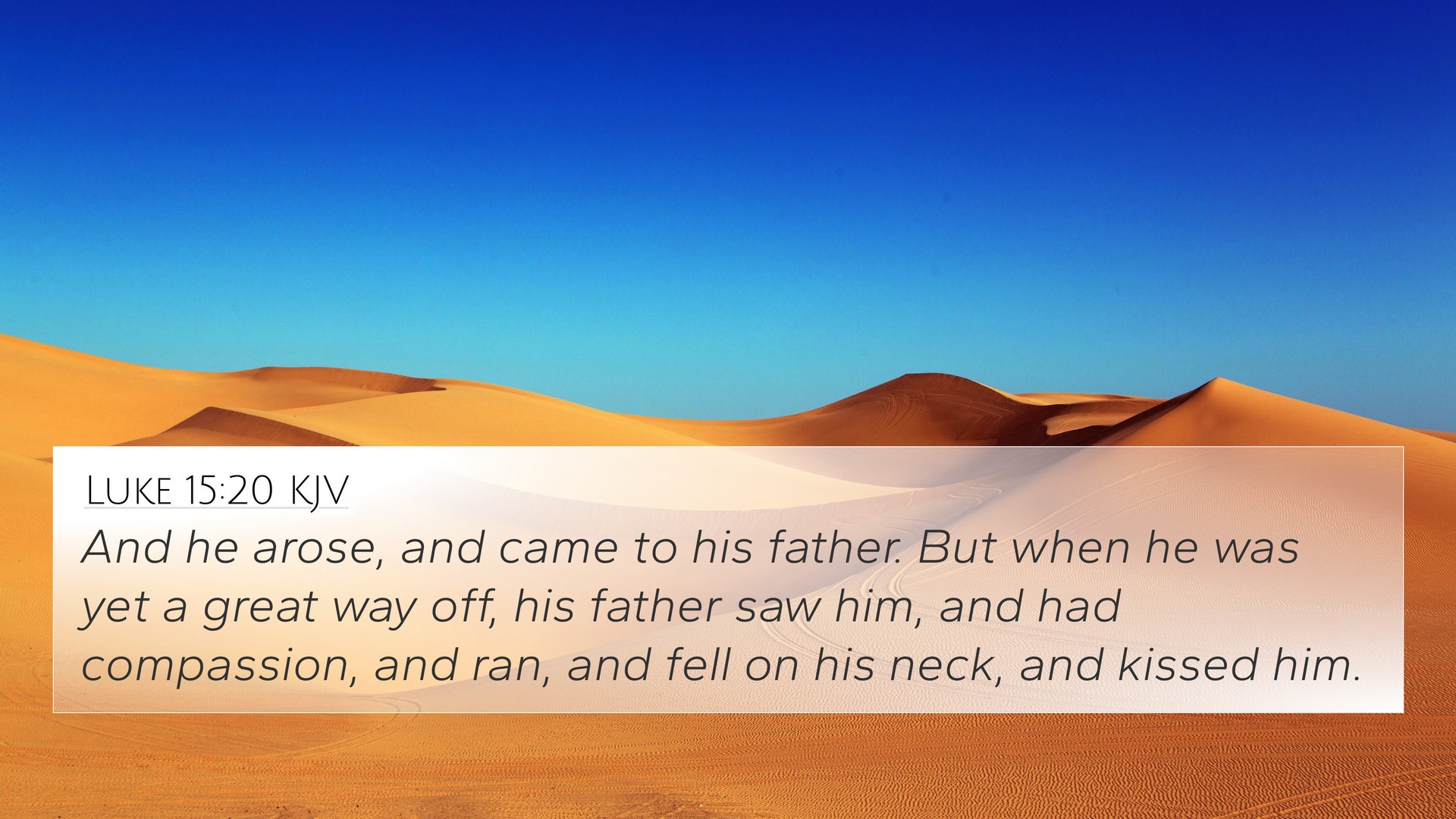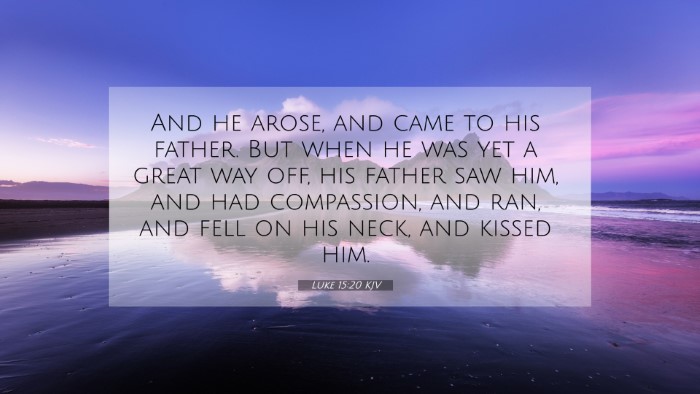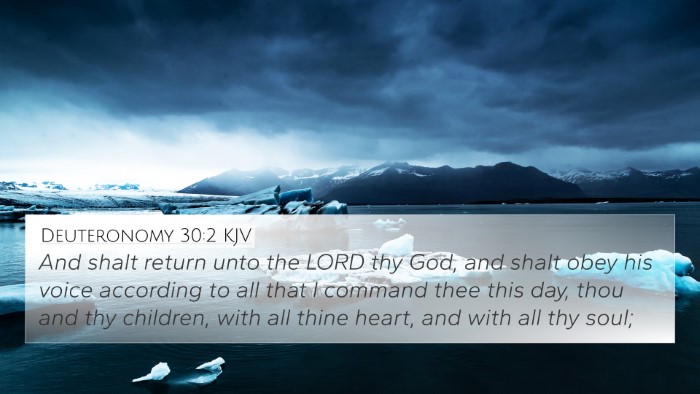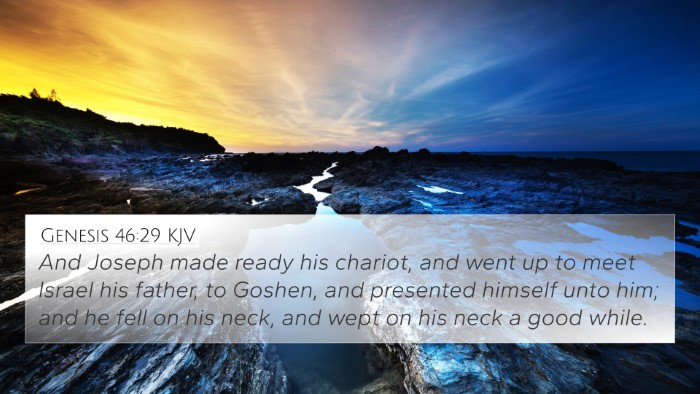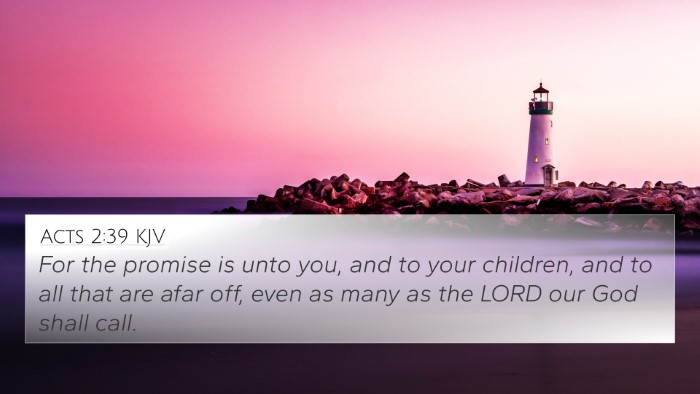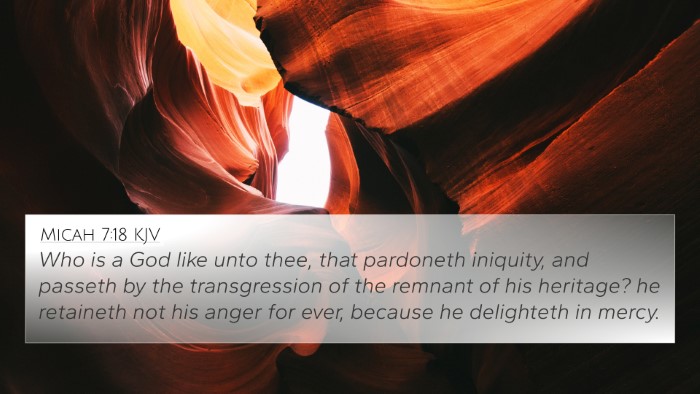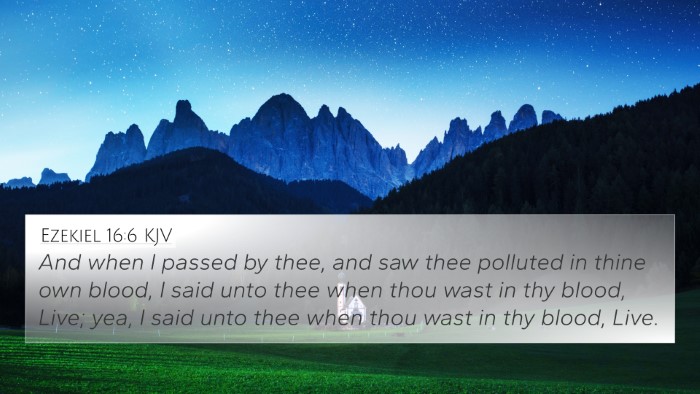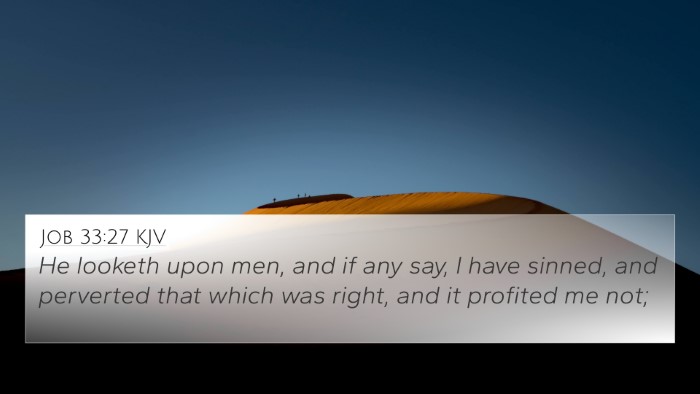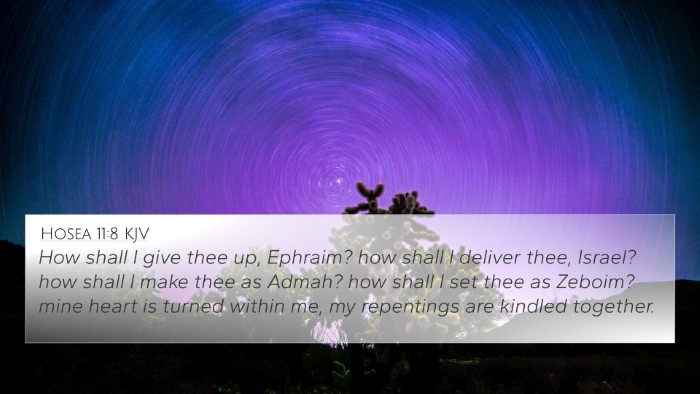Understanding Luke 15:20
Luke 15:20 states: "And he arose, and came to his father. But when he was yet a great way off, his father saw him, and had compassion, and ran, and fell on his neck, and kissed him."
This verse is a powerful depiction of the themes of repentance, forgiveness, and the unconditional love of a father. Let's delve into some key insights from various public domain commentaries.
Summary of Commentary Insights
Matthew Henry's Commentary: Matthew Henry emphasizes the importance of the father's compassion as he sees his son from a distance. This act of running signifies not just a father’s love but also the joy of receiving a lost son back into the family. It illustrates the readiness of God to forgive sinners who return to Him with a sincere heart. This also touches upon the broader theme of divine acceptance.
Albert Barnes' Commentary: According to Barnes, the action of the father running to meet his son illustrates the eagerness and love of God towards sinners. The father's readiness to forgive is highlighted, and it reflects how God looks upon us with mercy, waiting for us to turn back to Him. Barnes draws a connection to the concept of repentance, noting that the son’s physical return symbolizes a spiritual transformation.
Adam Clarke's Commentary: Clarke observes the cultural significance of the father running, which was uncommon for a patriarch in that society. The father's actions defy social norms, symbolizing how love transcends traditional boundaries. Clarke also discusses the significance of the embrace and kiss, representing complete acceptance and restoration. Clarke reinforces the concept that God welcomes back the penitent sinner with love and joy.
Thematic Connections
Luke 15:20 connects with several other scripture passages that elaborate on similar themes. Here’s a list of related verses that enhance our understanding:
- John 3:17: "For God did not send his Son into the world to condemn the world, but to save the world through him." – Emphasizes God's redemptive purpose.
- Romans 5:8: "But God commendeth his love toward us, in that, while we were yet sinners, Christ died for us." – Highlights God's love despite our shortcomings.
- 2 Corinthians 5:17: "Therefore if any man be in Christ, he is a new creature: old things are passed away; behold, all things are become new." – Reflects transformation through repentance.
- Isaiah 55:7: "Let the wicked forsake his way, and the unrighteous man his thoughts: and let him return unto the LORD, and he will have mercy upon him." – A call to repentance and God’s promise of mercy.
- James 4:8: "Draw nigh to God, and he will draw nigh to you." – Encourages us to approach God, who will reciprocate with love.
- Psalms 103:13: "Like as a father pitieth his children, so the LORD pitieth them that fear him." – Illustrates God’s compassion akin to that of a father.
- Matthew 9:13: "But go ye and learn what that meaneth, I will have mercy, and not sacrifice: for I am not come to call the righteous, but sinners to repentance." – Engages with the theme of mercy and redemption.
Inter-Biblical Dialogue
In examining the dynamic between the parables of Jesus, one can draw parallels between the story of the Prodigal Son in Luke and other scriptural narratives that underscore forgiveness and mercy:
- Matthew 18:21-22: Peter asks Jesus how many times he should forgive, highlighting the theme of unlimited forgiveness.
- The Lost Sheep (Luke 15:4-7): Similar to the Prodigal Son, this parable emphasizes God's love in seeking the lost.
- The Good Samaritan (Luke 10:25-37): Teaches about compassion and mercy towards others, resonating with the father's actions.
- Mark 2:17: "They that are whole have no need of the physician, but they that are sick: I came not to call the righteous, but sinners to repentance." – Reinforces the tie to repentance and God’s call to the lost.
Tools for Bible Cross-Referencing
Utilizing various tools and methods for cross-referencing enhances study and understanding of scripture:
- Bible Concordance: A valuable resource for finding verses related to specific terms or themes.
- Cross-Reference Bible Study: Methods that involve looking up related verses to gain deeper insights.
- Comprehensive Bible Cross-Reference Materials: Resources that offer extensive lists of scripture connections.
- Bible Reference Resources: Books and online tools designed for linking Bible verses thematically.
Conclusion
Luke 15:20 serves as a testament to the unending compassion and love of the Father towards those who repent and return. Through examining its meanings and connections to other Bible verses, we deepen our understanding of God's redemptive nature in the Scriptures. The verses listed strengthen the themes of forgiveness, restoration, and divine love, guiding believers in their spiritual journeys.
